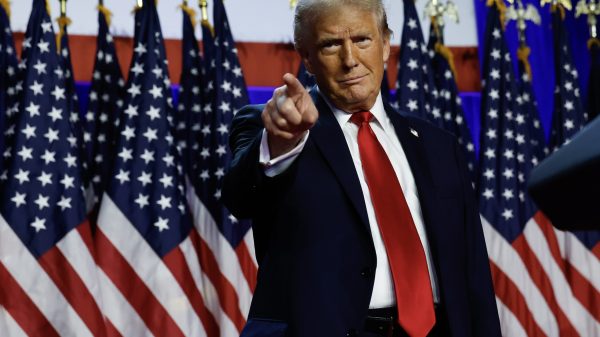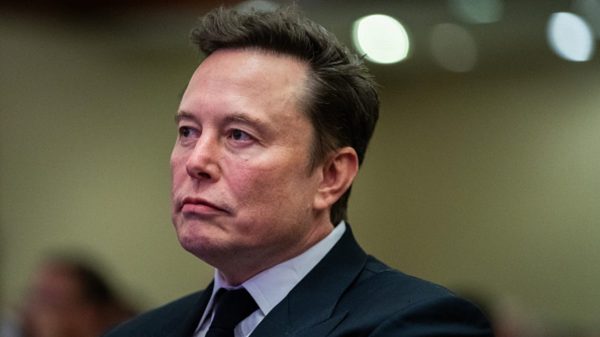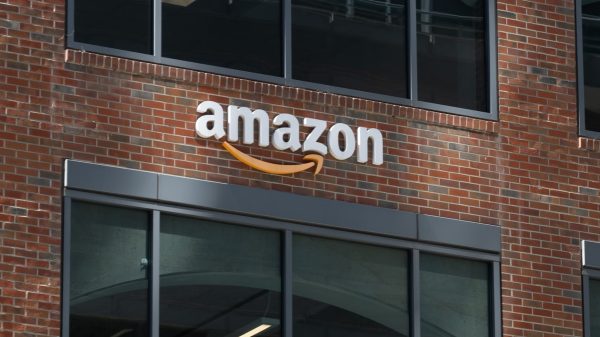Charles Hoskinson, the founder of Cardano, has voiced dissatisfaction with recent changes to Tron’s native stablecoin, USDD. He reacted to a report indicating that a significant portion of Bitcoin backing USDD had been withdrawn without prior notice to the community. Specifically, 12,000 BTC, valued at approximately $750 million, was removed from the stablecoin’s collateral reserves, leading to a major shift in how USDD is backed.
The withdrawal altered USDD’s backing structure, leaving it reliant solely on Tron’s native cryptocurrency, TRX. Hoskinson expressed his disapproval of the situation through a tweet, which included a GIF reflecting his negative sentiment. This reaction came in response to Tron Network’s founder, Justin Sun, who defended the decision to withdraw Bitcoin from the reserves.

Charles Hoskinson Criticizes Tron’s USDD for Removing Bitcoin Collateral, Raising Concerns About Decentralization
Concerns have emerged regarding the decentralized nature of the Tron DAO, which is responsible for governing USDD. The TRON DAO Reserve is designed to function with autonomous governance, where major decisions should typically be made through community voting. However, the decision to withdraw Bitcoin was made without such a vote, raising doubts about the true decentralization of the process.
In defense of the move, Justin Sun reassured the Tron community and USDD users through social media. He downplayed the significance of the Bitcoin withdrawal, comparing USDD’s situation to MakerDAO’s DAI stablecoin and suggesting that such actions are common in decentralized finance (DeFi).
Sun highlighted that USDD’s collateral was at a substantial 300%, well above the typical DeFi threshold, and explained that the TRON DAO Reserve planned upgrades to make USDD more competitive.
Despite Sun’s reassurances, the incident has sparked skepticism within the crypto sector about Tron’s governance and transparency. USDD’s total supply is currently $744,337,556, ranking 82nd in the crypto market by market cap.
With the Bitcoin withdrawal, USDD’s collateral ratio has dropped to 229%, and its collateral value has decreased significantly from $2.2 billion in 2022 to $1.7 billion, now primarily backed by TRX and a smaller amount of USDT.









































